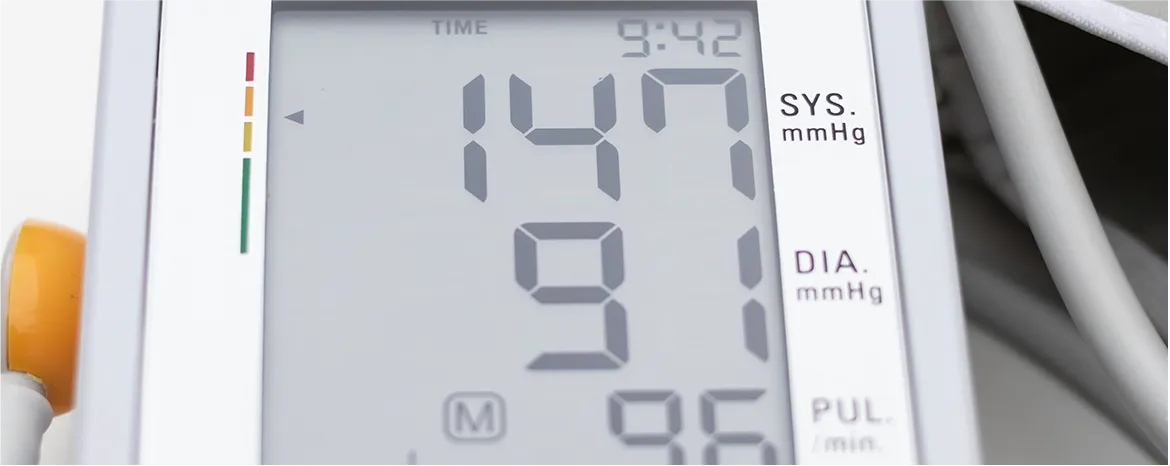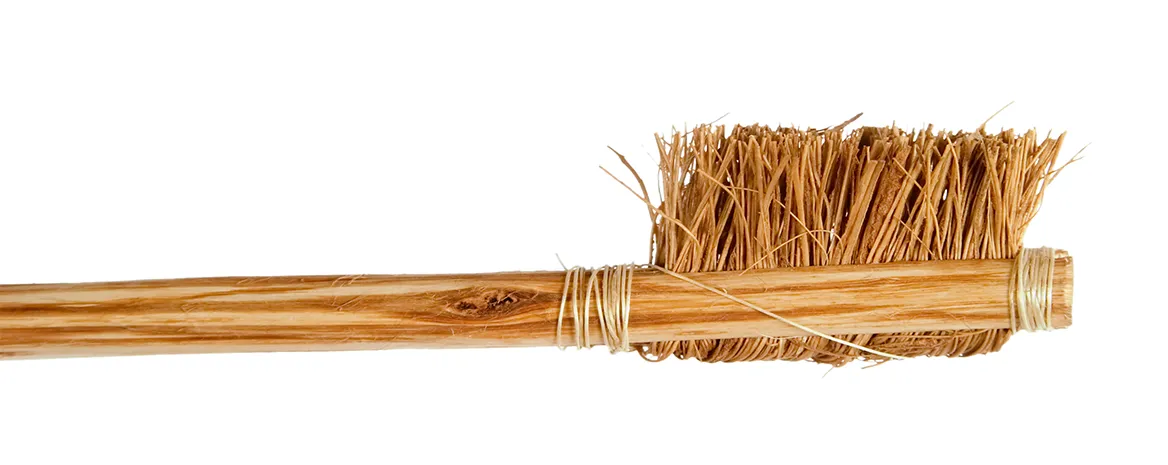Dehydration and Blood Pressure: An Essential Connection

Staying hydrated is vital for overall health, but did you know that dehydration can also affect your blood pressure? The relationship between these two is more intertwined than you might think. Let's delve into the fascinating connection between dehydration and blood pressure and understand why proper hydration is so important for your cardiovascular well-being.
What is Dehydration?
Dehydration occurs when your body loses more fluids than it takes in. This can happen through sweating, urination, illness (such as vomiting or diarrhea), or simply not drinking enough water. When you're dehydrated, your body doesn't have enough fluids to function properly, which can significantly impact your blood pressure.
How Dehydration Affects Blood Pressure
The connection between dehydration and blood pressure is primarily related to blood volume. Blood is predominantly made of water, so when hydration levels drop, blood volume can decrease. This reduction in blood volume results in lower blood pressure as there is less fluid in the system for the heart to pump through the body. However, in response to this decrease, the body may increase heart rate and constrict blood vessels to maintain adequate blood flow to organs, which can temporarily raise blood pressure.
Lower Blood Pressure Due to Reduced Blood Volume
When dehydrated, the body’s blood volume decreases. This can lead to a form of low blood pressure known as hypotension, where insufficient blood reaches your organs. Symptoms of hypotension include dizziness, fainting, and a rapid heart rate. For individuals already prone to low blood pressure, dehydration can exacerbate these conditions, potentially leading to severe health implications if not addressed promptly.
Dehydration and High Blood Pressure
While dehydration can cause low blood pressure, it can also contribute to high blood pressure (hypertension) in some cases. When you're dehydrated, your body releases a hormone called vasopressin, which helps your body conserve water by constricting blood vessels. This constriction of blood vessels can lead to an increase in blood pressure. Additionally, dehydration can also lead to an imbalance of electrolytes in your body, which can further contribute to high blood pressure.
Who is at Risk?
Anyone can become dehydrated, but certain individuals are at higher risk, including:
- Older adults: The thirst sensation tends to decrease with age, making it easier for older adults to become dehydrated.
- Infants and children: They have a higher body water content and can lose fluids more quickly.
- Athletes and those who exercise regularly: They lose fluids through sweat and need to replenish them.
- People with chronic illnesses: Certain conditions, like diabetes and kidney disease, can increase the risk of dehydration.
Preventing Dehydration and Maintaining Healthy Blood Pressure
The good news is that dehydration is easily preventable. Here are some tips to stay hydrated and maintain healthy blood pressure:
- Drink plenty of fluids: The recommended amount varies depending on age, activity level, and climate, but a good rule of thumb is to aim for 8 glasses of water per day.
- Eat water-rich foods: Fruits and vegetables like watermelon, cucumbers, and berries have high water content.
- Limit alcohol and caffeine: These substances can dehydrate you.
- Pay attention to your thirst: Don't wait until you're thirsty to drink fluids.
- Be especially mindful in hot weather or during exercise: You lose more fluids through sweat in these situations.
- Consult your doctor: If you have concerns about your blood pressure or hydration status, talk to your doctor.
Conclusion
The relationship between dehydration and blood pressure underscores the importance of regular fluid intake as part of a healthy lifestyle. By understanding how dehydration affects blood pressure, individuals can take proactive steps to maintain both hydration and blood pressure within healthy ranges, thereby supporting overall cardiovascular health. Remember, while water is the best choice for staying hydrated, consulting with a healthcare provider is advisable for managing blood pressure and other health conditions. If you have any concerns or need personalized advice, Quality Care Global connects you with leading healthcare providers to ensure you receive expert care tailored to your specific needs.

